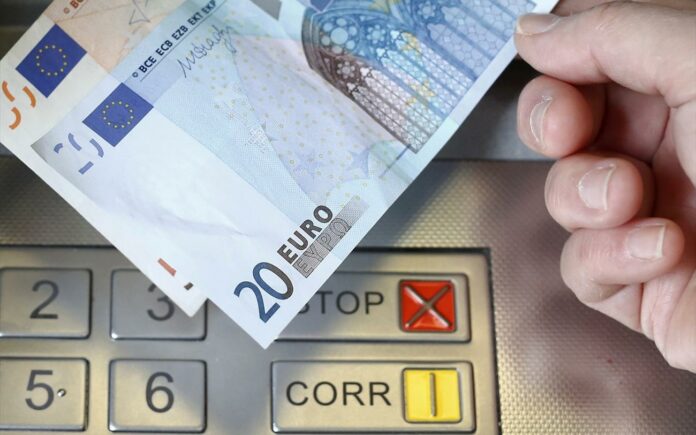Greece is lagging behind the rest of Europe in 2024 in terms of household savings, which remain negative with a percentage of 5.63%. The negative performance in savings also affects investments, with the country ranking 15th out of a total of 21 countries in the period January-March 2024, and the relative percentage standing at 4.18%.
According to Eurostat, the first quarter of 2024 was the 11th consecutive year in which households showed negative savings.
Positive savings 4 years ago
The last time savings in Greece were positive was from April 2020 until June 2021. But it was the period of lockdown and closed shops in which savings became “mandatory” for households.
The rate of gross household investments in Greece was 4.18% in the first quarter of 2024, showing a decrease compared to the 4.54% in the first quarter of 2023, but increased compared to the 3.75% in the first quarter of 2022.
The performance is improved compared to the memorandum period and this is also due to “external funding” (subsidy programs with EU funds, etc.).
Bank of Greece governor has mentioned the following reasons for this development:
- high prices, which especially in the last three years has further shrunk the disposable income of households,
- high percentage of black economy and tax evasion, which favors consumption rather than savings,
- an insurance system which, with the exception of the recent attempt to create a capitalization pillar, TEKA, for many years remained purely distributive, which discouraged private savings,
- low interest rates on term deposits compared to the rest of Europe, which also discourage private savings,
- lack of culture or motivation of insurance of private property against natural disasters.














